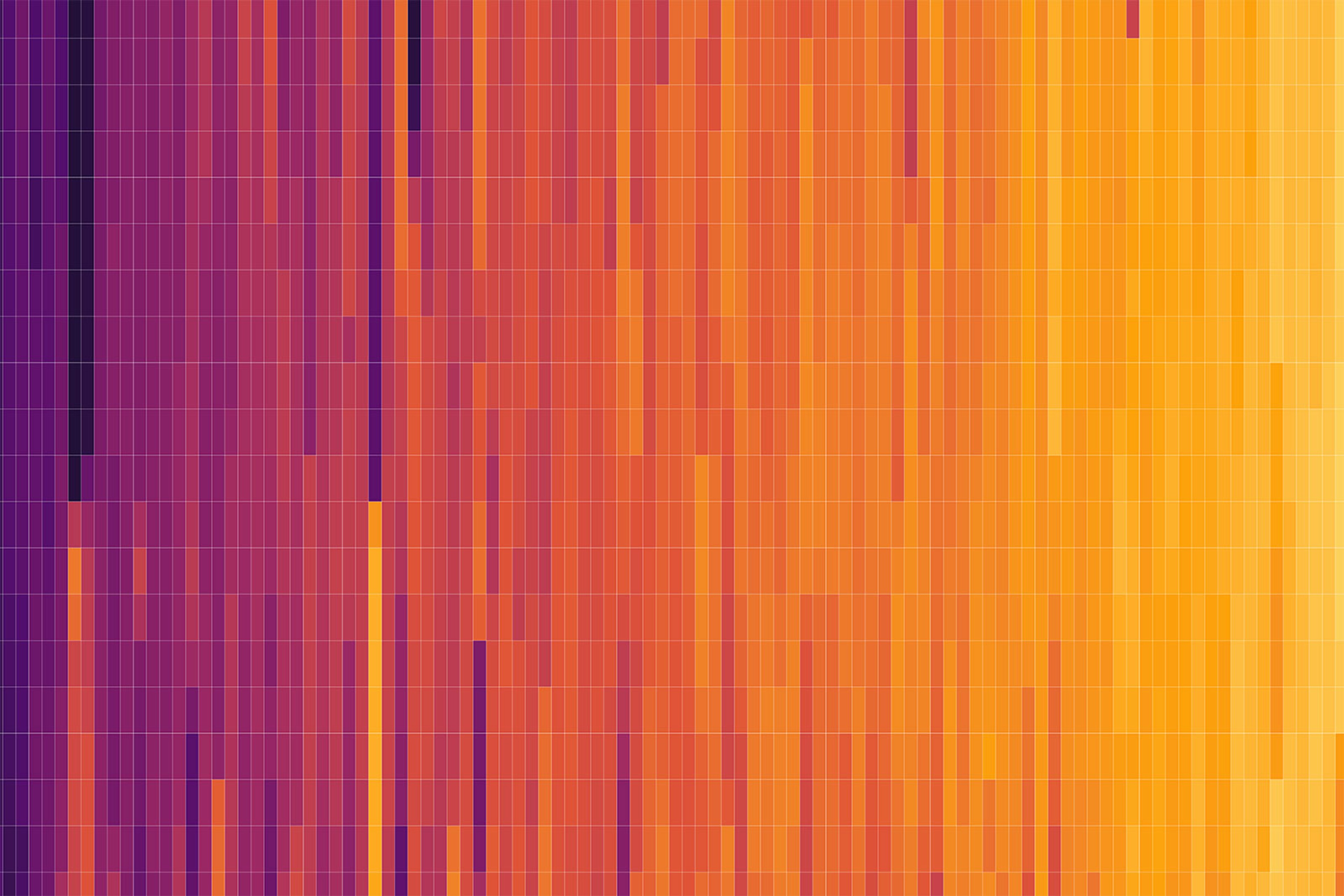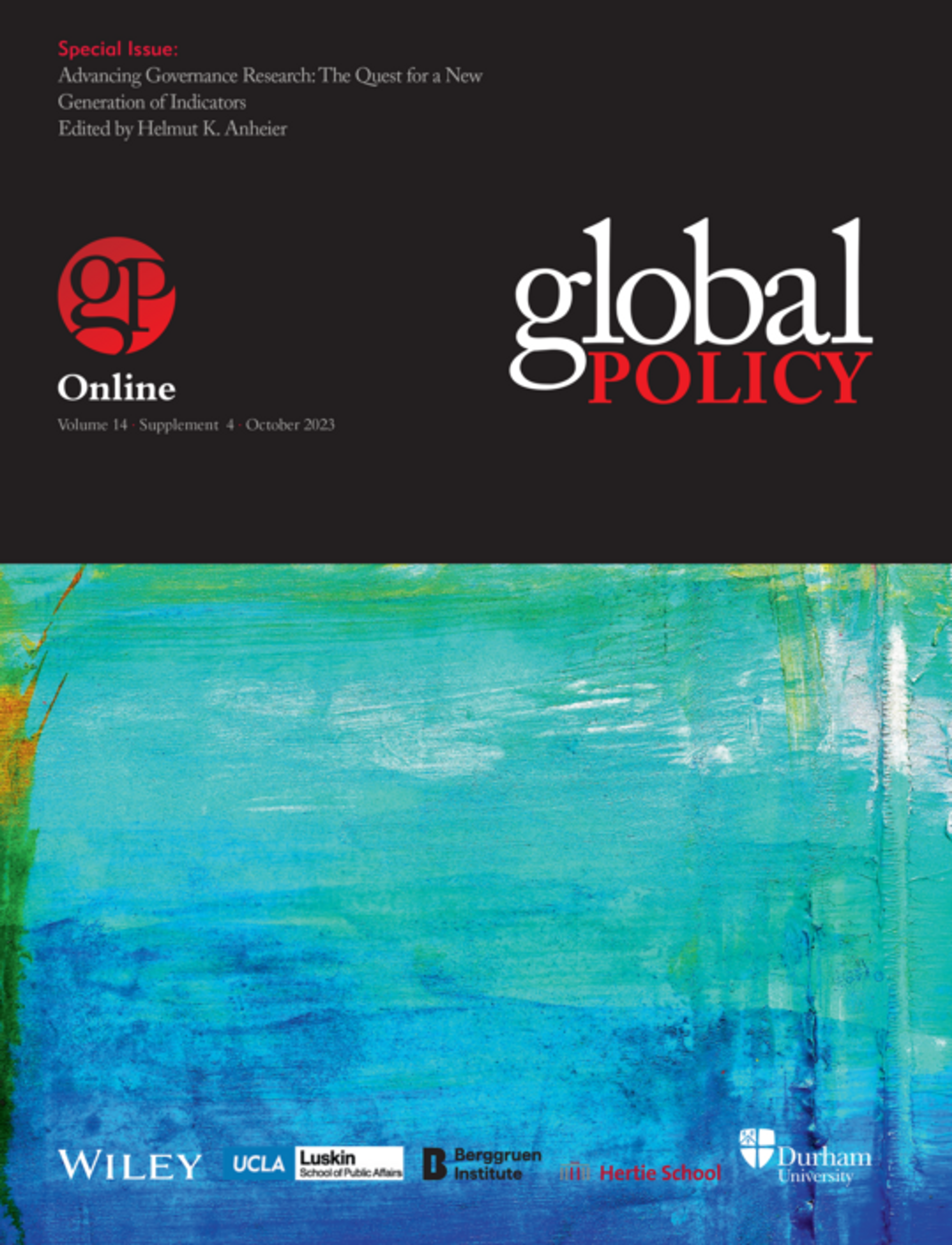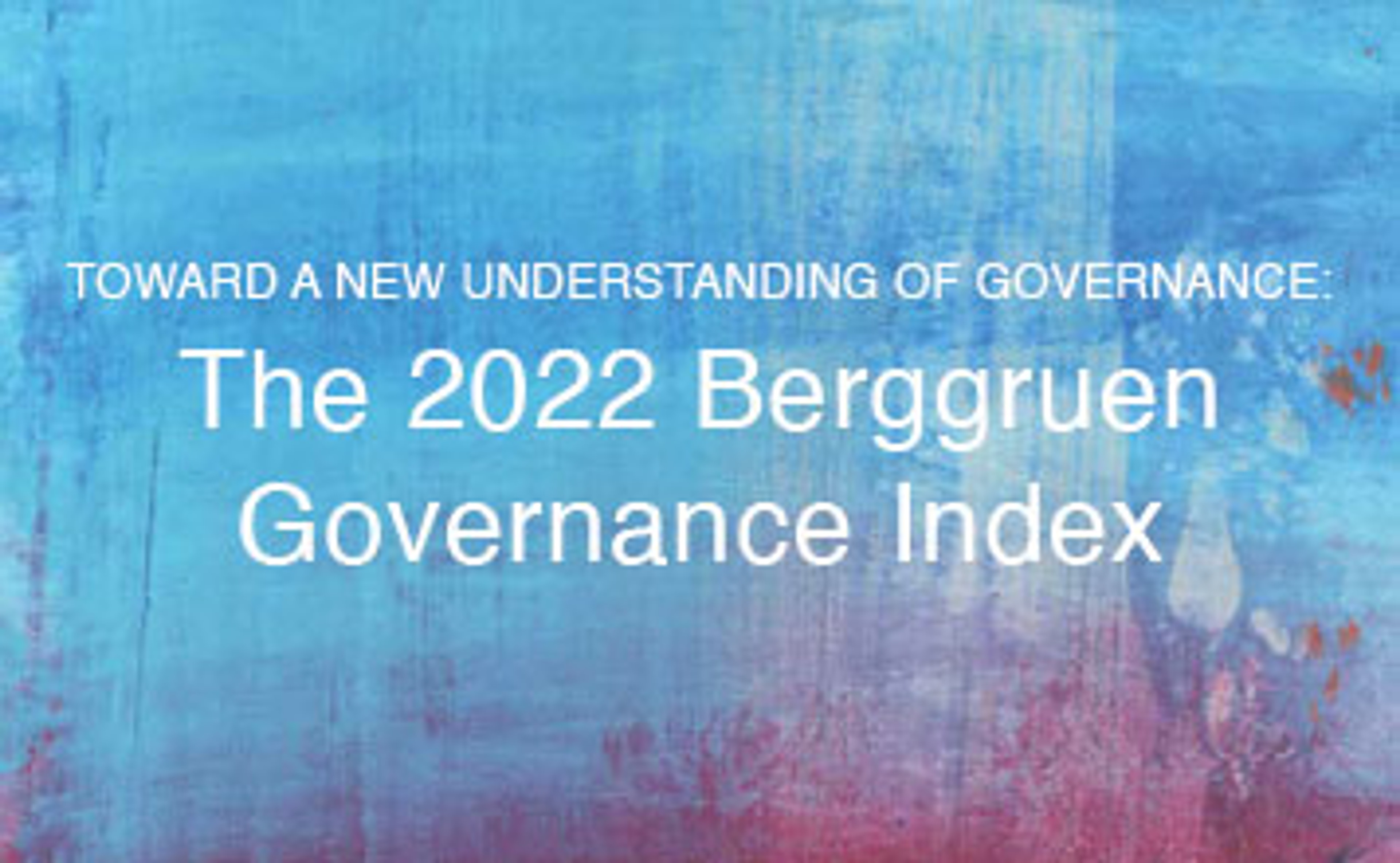Toward a New Understanding of Governance: The 2022 Berggruen Governance Index

Public health failures, nations’ unwillingness to adequately address climate change, and widespread political instability represent the core governance challenges of the 21st century. All around the world, we witness states struggle to provide public goods like education, health, and infrastructure to their populace in times of crisis. In many facets, it appears that governments’ ability to efficiently deliver what the populace needs has diminished, often to critically low levels.
However, the true state of governance in the 21st century is not as dire as news headlines of pandemic, war, and economic crisis would indicate. For example, vaccines against COVID-19 were developed in record time, the production of renewable energies has increased rapidly, and millions were lifted from poverty in recent decades. Indeed, many countries have made significant progress in recent decades, and especially in the Global South. But these gains have not been spread evenly. In the Global North, gains, too, have been uneven, with many countries progressing moderately. Some, like the United States, have even slid backward on core measures of governance performance.
We argue that governance is at the heart of how well countries manage a wide array of public problems. In doing so, we propose to reposition the actual delivery of goods, rather than just procedural state efficiency, at the core of research agendas and policy debates. However, the “new” governance debate we wish to advance should overcome the limitations of the “old” one by viewing state capacity as a tool to be used rather than a problem to be contained; by treating state capacity as a means to an end, not an end in itself, meaning that its discharge has to be judged by actual performance; and by understanding that discharge of state capacity has to reflect voice, priority setting, and accountability processes. In essence, we seek to avoid both the “neoliberal” and the “technocratic” trap. That is, we reject a “neoliberal” view that overemphasizes the capacity of nonstate actors to solve public problems and downplays state capacity, and at the same time, we avoid the “technocratic” trap of policymaking informed by statist orientations that assume governments know best and can do it alone.
The Berggruen Governance Index (BGI) is our tool for understanding how the different aspects of governance interact. Once fully operationalized, measured, and statistically analyzed, the BGI can help assess the different pathways by which democratic accountability and state capacity influence public goods provision. We can then demonstrate whether and how state capacity mediates effects of democratic accountability on public goods provision. The model can be analyzed over time and cross-nationally as well as for specific regions, regime types, level of economic development, or the experience of crisis episodes of different kinds (civil and interstate wars, natural disasters, severe recessions, colonialism, etc.). What is more, the BGI can be used to help explain variations in economic growth, levels of inequality, political and social stability, and the trustworthiness of governments.
This report introduces and summarizes the 2022 Berggruen Governance Index, presenting major findings across geographies and governance dimensions. It concludes with a summary of key arguments on the future of our understanding of governance and how the BGI can contribute to it.





